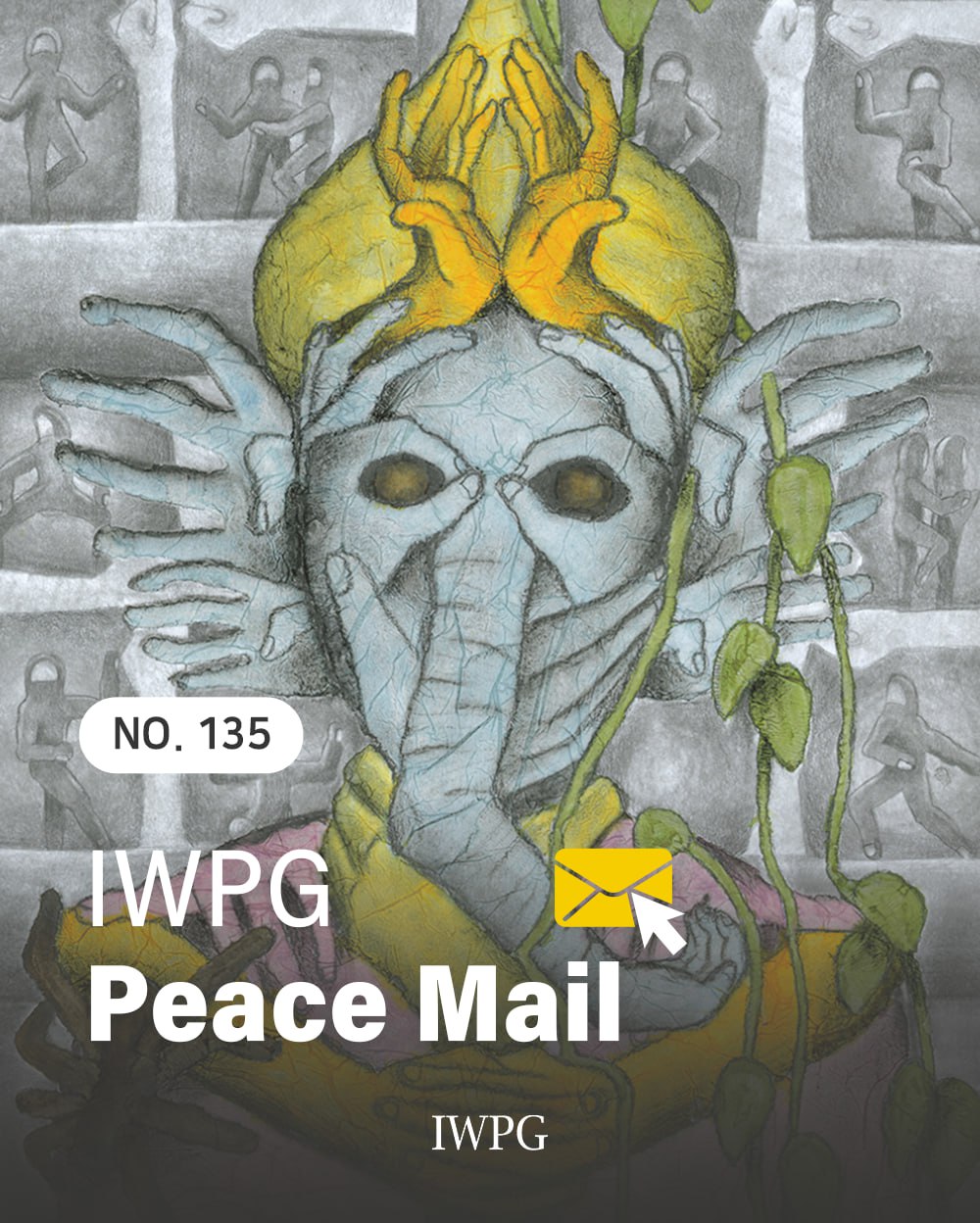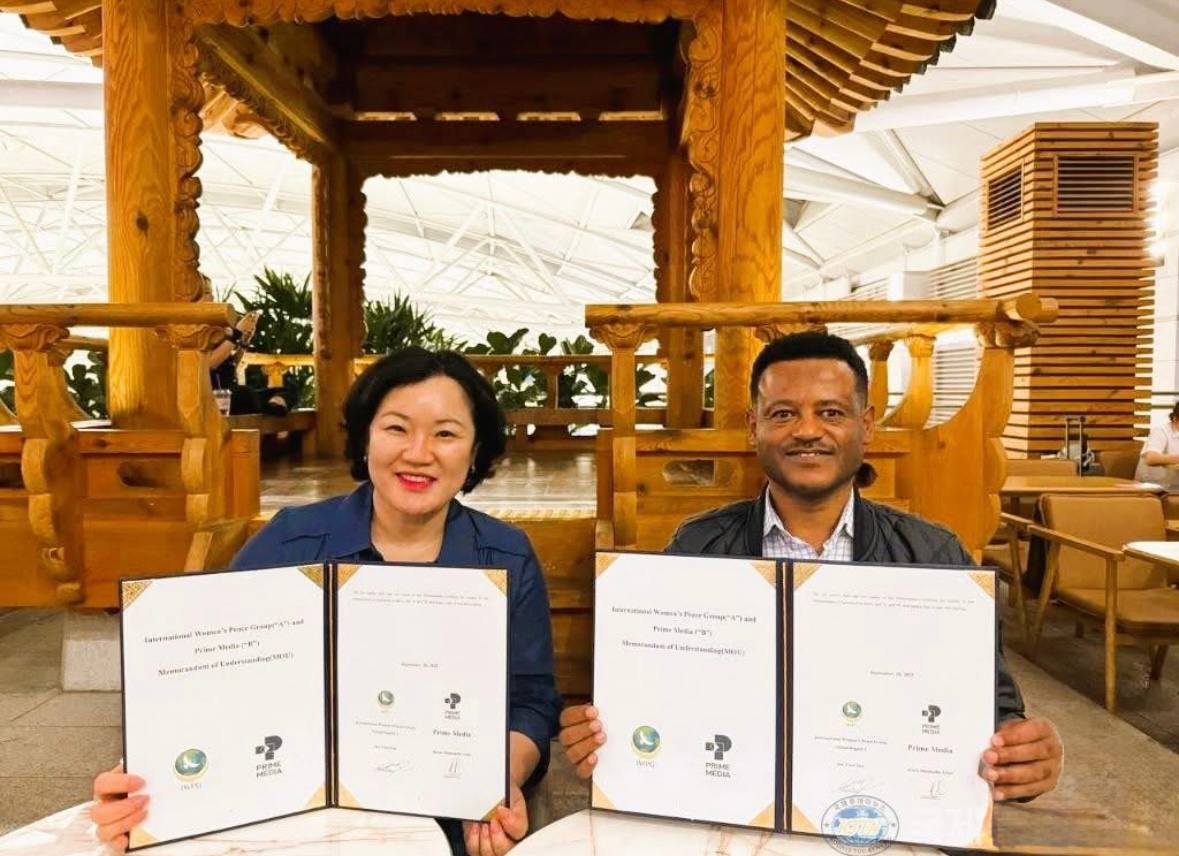The Solution to Ending War and Realizing Peace!
‘Declaration of Peace and Cessation of War’
Support the DPCW with Your Signature
Three Key Values of the DPCW
First,
prevention of conflict
(Article 1-5)
Call upon States to cooperate towards gradual disarmament, repurpose weapons manufacturing facilities to serve purposes that are beneficial to humanity, and develop friendly relations based on respect for the principle of equal rights and self-determination of peoples
The Solution to Ending War and Realizing Peace!
‘Declaration of Peace and Cessation of War’
Support the DPCW with Your Signature
Three Key Values of the DPCW
First,
prevention of conflict
(Article 1-5)
Call upon States to cooperate towards gradual disarmament, repurpose weapons manufacturing facilities to serve purposes that are beneficial to humanity, and develop friendly relations based on respect for the principle of equal rights and self-determination of peoples
DPCW ‘Article 10, Clause 38’
Article 1.
‘Prohibition of the threat or use of force’
To safeguard the lives and property of citizens, the use or threat of force is prohibited in all situations, whether between nations or internal factions.
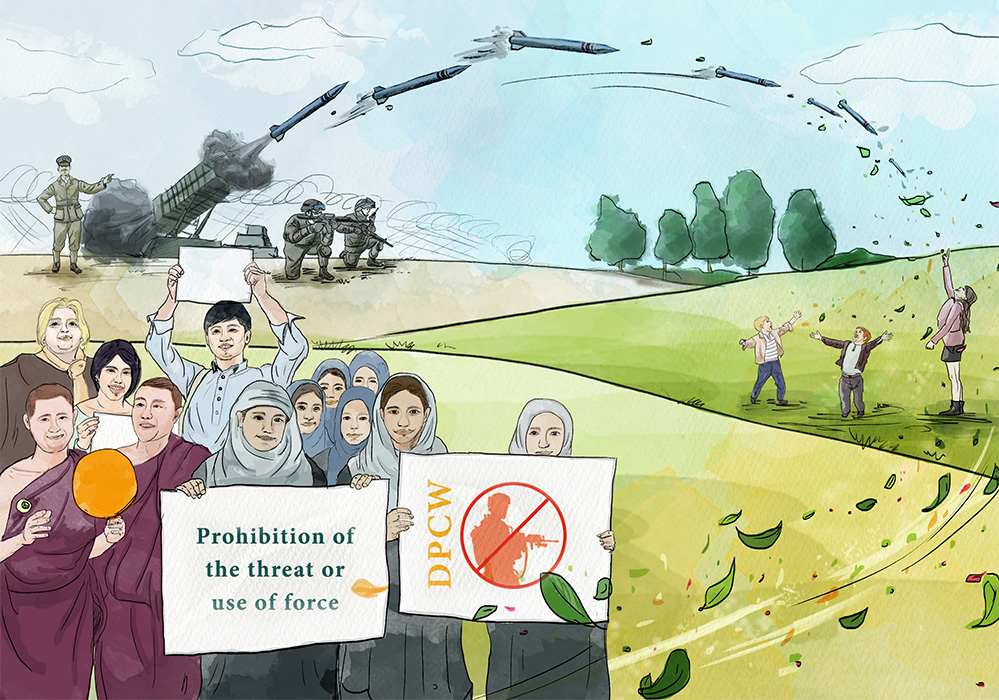
Article 2.
‘War potential’
All weapons, weapon production facilities, and nuclear bombs are to be gradually dismantled, and military expenditures redirected to sectors that benefit civilians, enhancing the quality of life
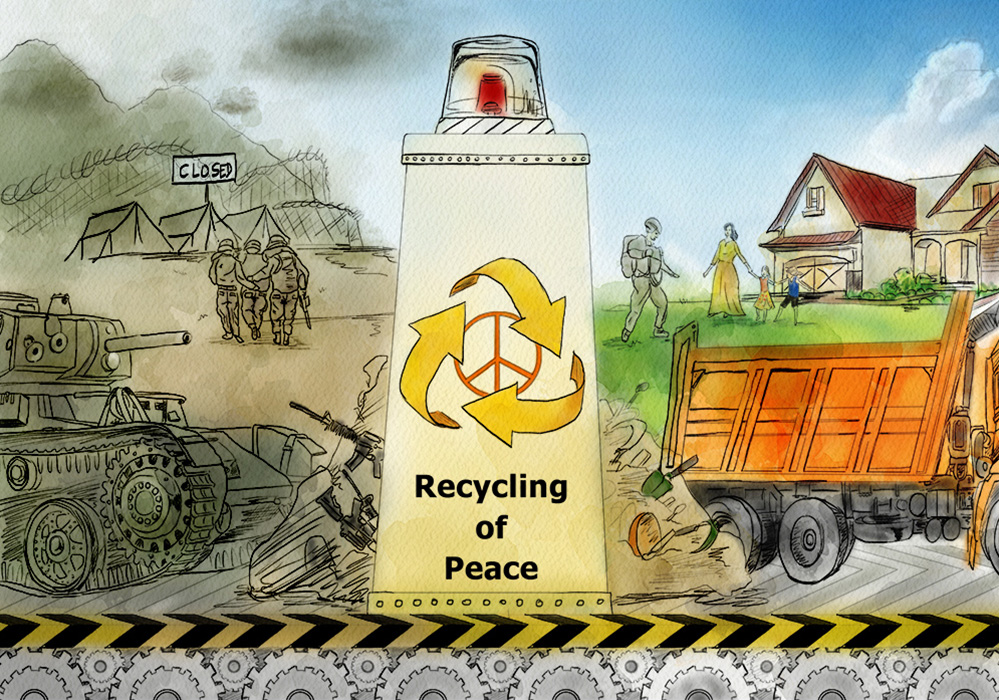
Article 3.
‘Friendly relations and the prohibition of acts of aggression’
Each nation must uphold the principles of ethnic equality and the right to self-determination, eradicate acts of aggression, prohibit the use of force within its territory, and maintain friendly relations with other countries to prevent conflict.
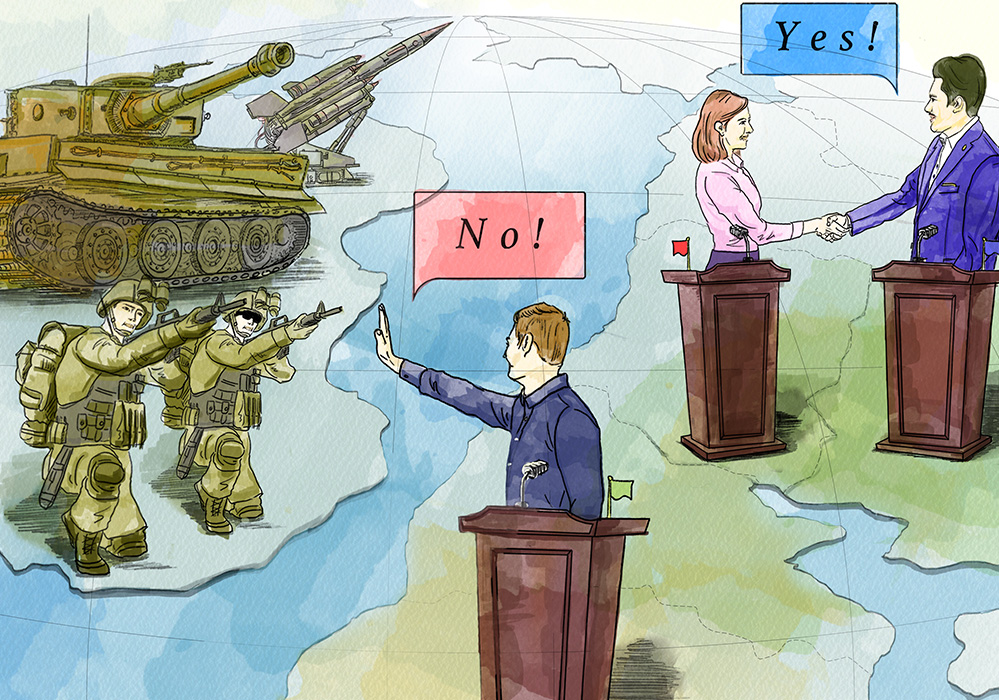
Article 4.
‘State boundaries’
Nations must refrain from violating borders in any form including military, political, economic, or any other means.
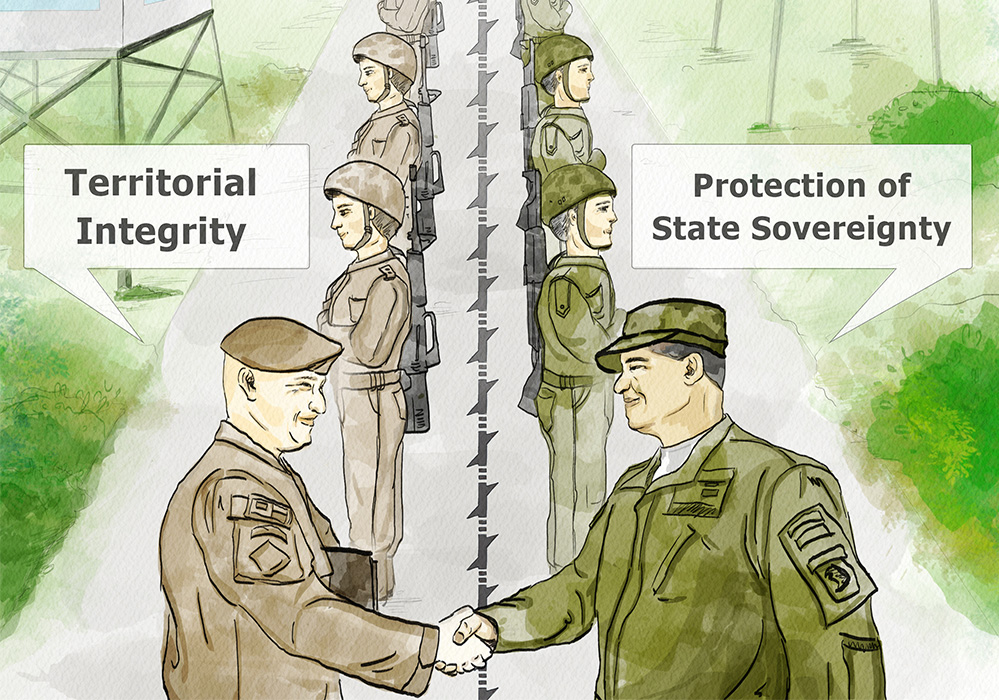
Article 5.
‘Self-determination’
Any attempt whether internal or external to divide a nation is unacceptable. Divided nations must be encouraged to cooperate and engage in dialogue toward the establishment of a unified government.
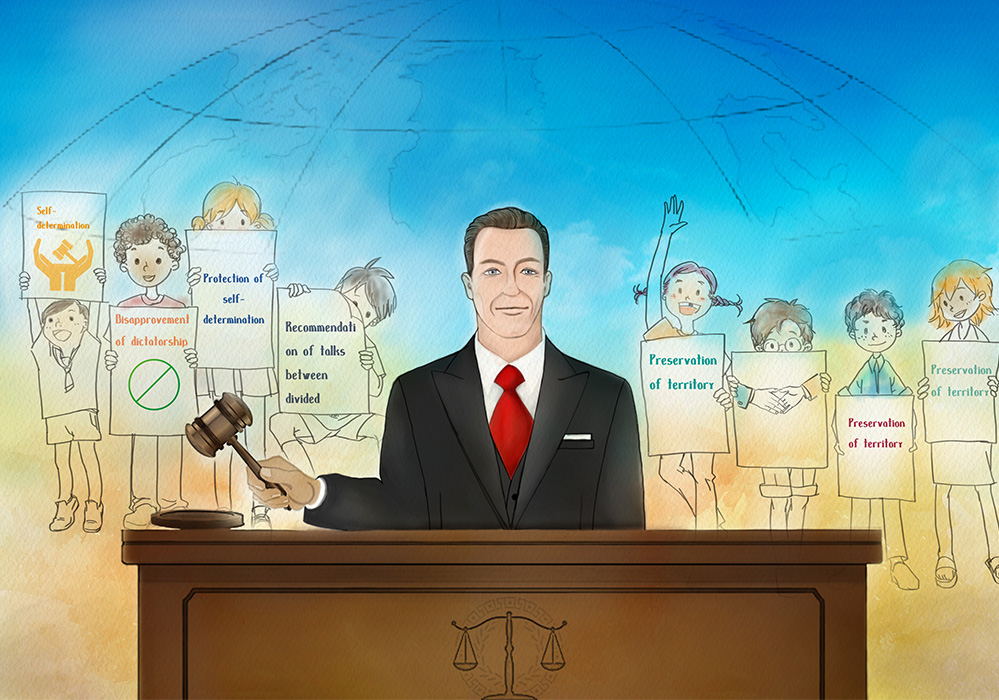
Article 6.
‘Dispute settlement’
States have an obligation to settle their international disputes by peaceful means. To this end, each nation must recognize and comply with the judgments and decisions made by judicial bodies such as the International Court of Justice.
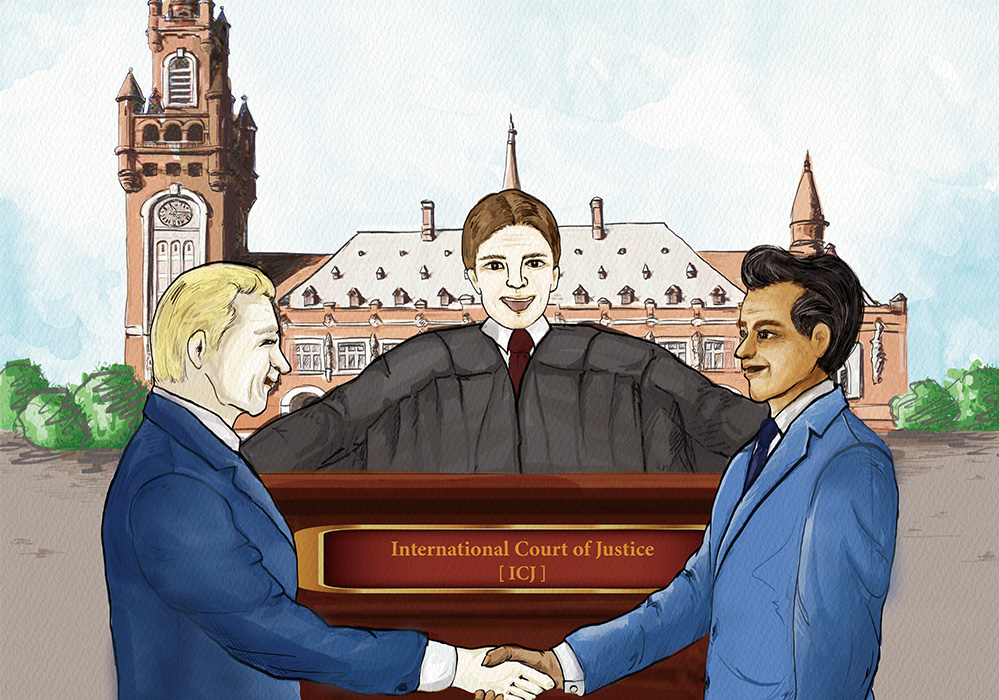
Article 7.
‘Right to self-defence’
In the event of an armed attack against a nation, the exercise of the right to self-defense must be reported to the United Nations Security Council, and the use of force must be kept to a minimum.
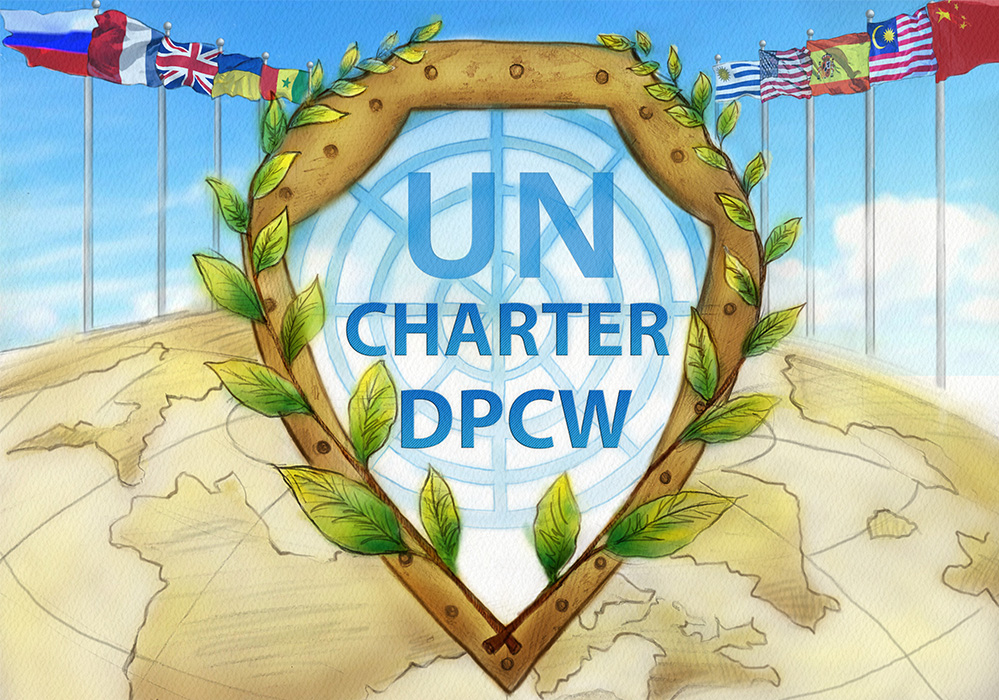
Article 8.
‘Freedom of religion’
Recognizing the severity of religious conflicts, we seek to strengthen collective efforts to resolve them. Every nation must guarantee freedom of religion and respect other faiths.
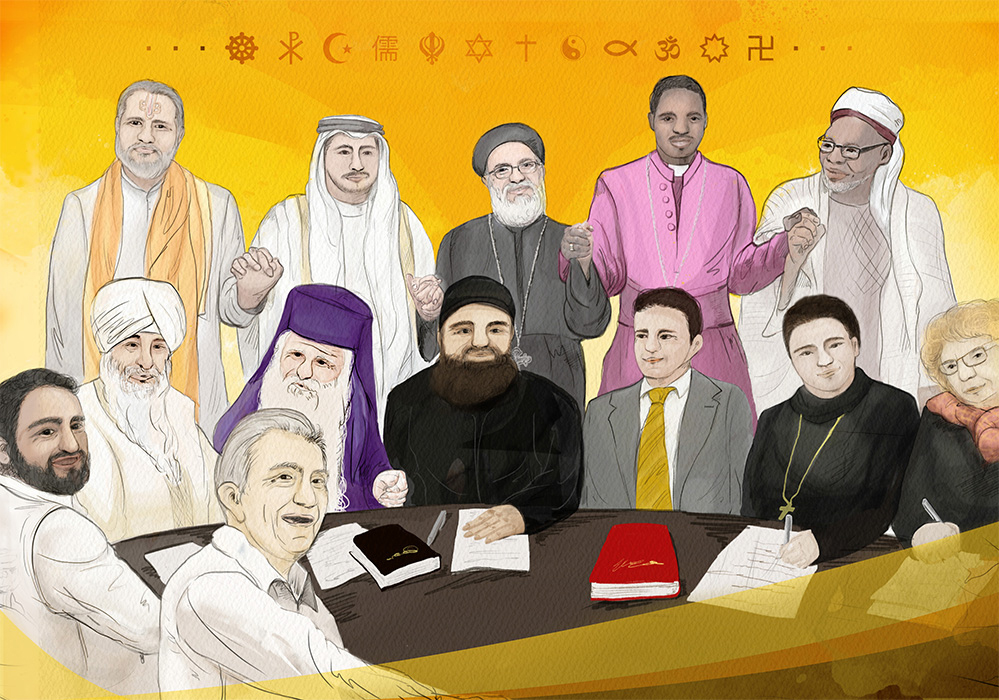
Article 9.
‘Religion, ethnic identity and peace’
Efforts must be made to promote mutual understanding among religions, races, and ethnic groups, and to encourage dialogue that addresses the root causes of conflict. States must prosecute and punish any act that uses religious beliefs or ethnic identity as a justification for violence.
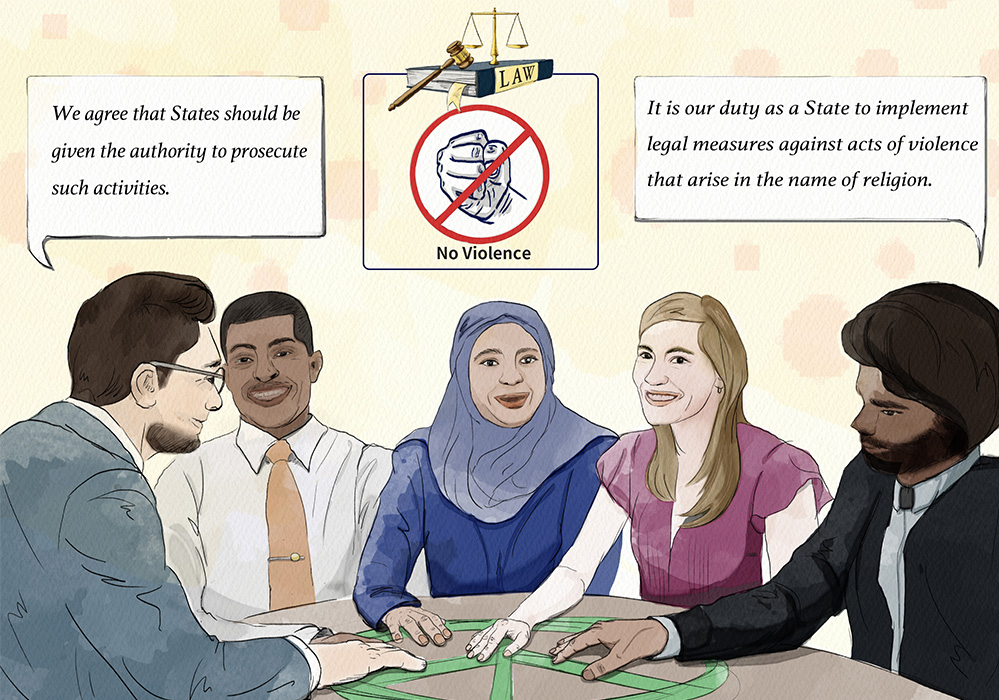
Article 10.
‘Spreading a culture of peace’
Action begins with thought. We implement peace education to nurture a healthy humanity that learns, speaks, and practices peace. People who have been educated in peace will enable peace to be realized without the need for legal enforcement creating a truly peaceful global community.
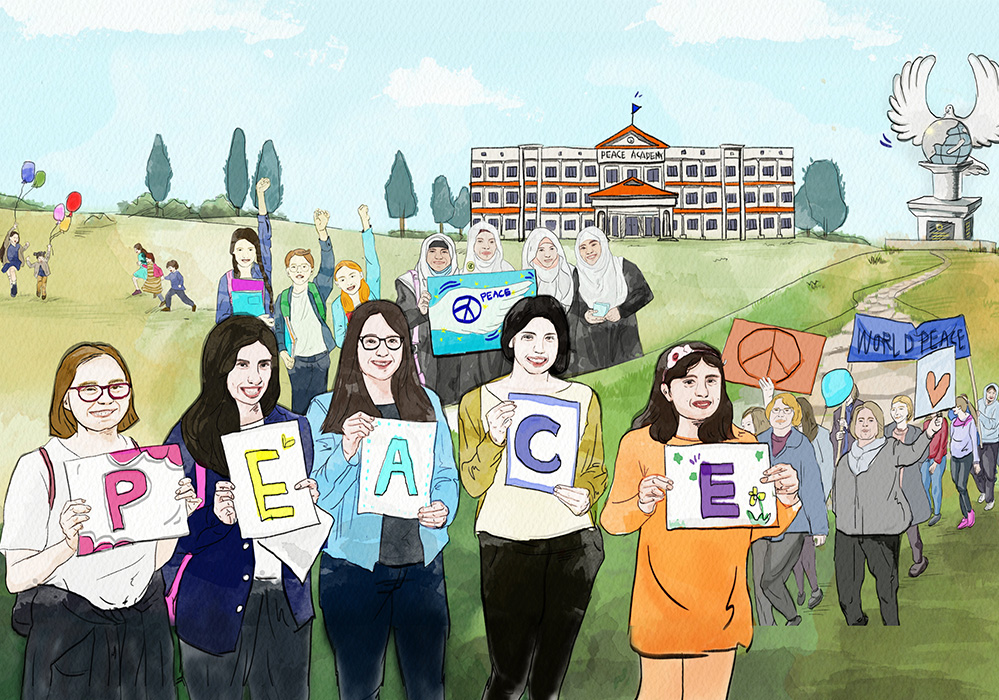
What happens when you sign in support of the DPCW?
Through the United Nations, the DPCW can be established as a legally binding international law.
As a result, wars will disappear from the world, peace will be restored to regions suffering from conflict and bloodshed, and all people will be able to enjoy life in a peaceful global community.
I hereby sign in support of Article 10, Clause 38 of the DPCW
and call for its adoption as a legally binding international law.


